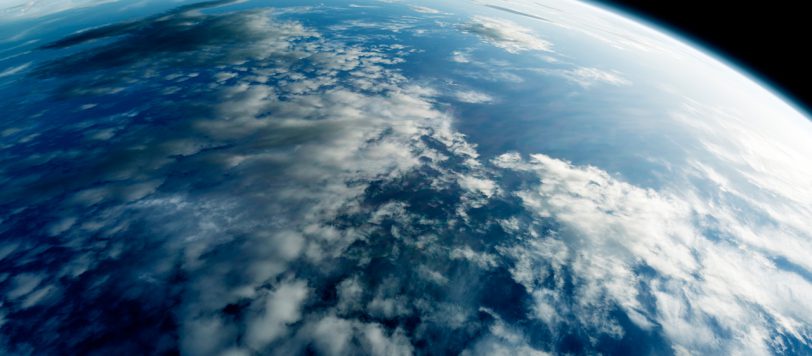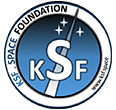Posted by: admin
Comments:0
Kuwait to launch climate change-measuring nanosat

KSF Space Foundation announced that the State of Kuwait will be the first in GCC and North Africa to send a cubesat to near space to measure climate change and ultra violet radiation in partnership with KSF Space’s next mission, scheduled for high altitude balloon launch in June of 2021, reports news. satnews. com. Kuwait College of Science & Technology (KCST) will be the lead across all universities in the GCC (Gulf Cooperation Council) and North Africa (NA) region for this experiment. The project is locally managed by the KSF Space Officer in Kuwait, Engr Loai Arnous, along with KSF Space team officers.
Vision
This is an effort to give KCST students an outlet and experience with the platform that will not to limit the students’ vision and instead “take them to space.” The mission will be carried on a small space capsule made by KSF Space Foundation. The nose of the capsule will be hosting the bacteria cells in a chamber, while the rest of the capsule will carry 5 smallsats from five countries. A rendering of Kuwait’s 1st nanosatellite to measure climate change. This mission will be flying from the UK using a zero pressure space balloon and will reach to near space. Kuwait College of Science & Technology is collaborating with the KSF Space Foundation, which is a non-profit foundation that was founded to enable cost-efficient access to LEO with zero-environmental impact. The foundation encourages universities to develop R&D missions using smallsats as they have now play an important role in developing future, scientific ,space missions. The foundation offers space related training, NEP Certification, technology testing for satellites, ozone and climate experiments to stratosphere, and much more, which in turn is of great value for our students. This helps them gain quality hands-on experience and a broad range of live examples for them to test in real life and gain as much knowledge as possible. Prof. Khalid Al-Begain, KCST President, said, “The KCST & KSF collaboration entails training 12 KCST students, guiding them and recommending the proper hardware that will be needed to build the 3D printed space capsule. The satellite will be conducting research that focuses on stratospheric studies on the Ozone Layer.” “The purpose of the project is to better understand the reaction of climate change and measuring ultra violet radiation in space. The expected results could prove valuable information for human and science,” said Dr. Kayyali, the Chairman of KSF Space.

